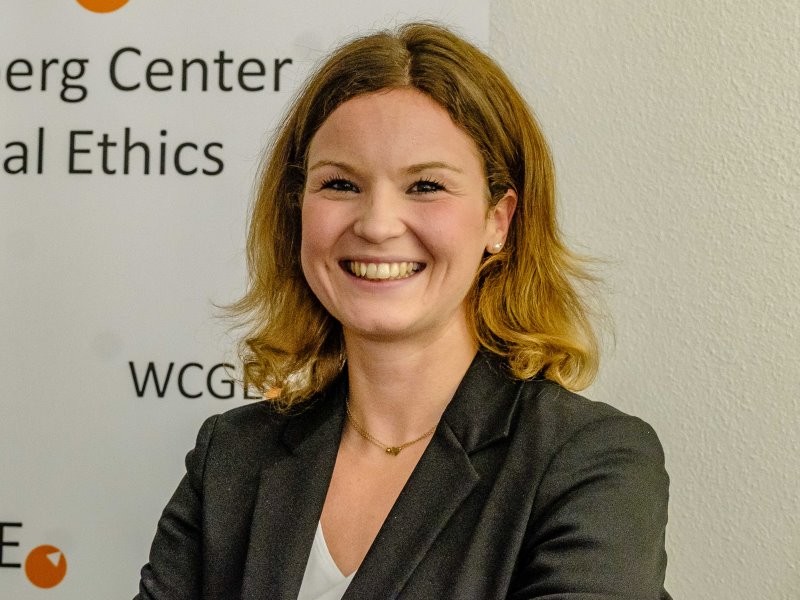
Title of Dissertation:
Continuity in Times of Change - An Oxymoron? Solving the Change Paradox by Means of Trust
Supervisor: Prof. Dr. Andreas Suchanek
University: HHL Leipzig Graduate School of Management
Scholarship: KSG Scholarship
Cohort: 2. Cohort, 2015-2018
[accordion activeIndex=""]
[item title="Short Abstract"]
The ability to innovate and adapt to continuously changing environments has become a critical factor to the economic success of today’s organizations and equally crucial for their long-term survival. In a world that is commonly referred to as being VUCA—volatile, uncertain, complex, ambiguous—only few things last, but change is constant. Therefore, mastering organizational change has been identified as one of the “Management Challenges for the 21st century” (Drucker, 1999). Inclined to assume that the more often organizations are confronted with and go through the process of change, the more successful they become, one encounters a completely different reality: The results of several studies conducted over the last two decades repeatedly suggest an average failure rate of organizational change of 70—sometimes even up to 90—percent. This provokes the question why traditional change management theory has not proven successful in serving its purpose of effectively implementing change and transforming organizations.
As advocated in literature, this is due first and foremost to the people involved in and affected by the process of change which tend to react with resistance. Given the uncertainty inherent to change and the resultant fear of the unknown, they are unwilling to positively support and play an active part in the change endeavor which is thence doomed to failure.
In her attempt to answer the above mentioned question, Katharina de Biasi’s work offers a corner stone of the requirements for successful organizational change. As a result of her structured analysis she spotlights continuity and proposes to leverage the alleged change paradox – constituted in the oxymoron “continuity in times of change” – and to solve it by means of trust. In particular, she derives a trust-based formula for successful change which states that the outcome of any change process is the sum of the initial level of trust within the organization and the amount of trust created or destroyed throughout the process. For any change to be successful, this sum always has to present a positive result. From there it follows that the more profoundly the change is going to affect the organization, the higher the level of trust or the more deep-rooted trust within the organization has to be. Hence, the formula further comprises the second finding that trust-formation must precede transformation. Concludingly, de Biasi’s work outlines two levers for effecting a positive outcome of change. These are (1) framing an organizational context conducive to trust, i.e. creating a trust-friendly organizational atmosphere and nurturing a climate conducive to enlarging trust and (2) shaping the conditions conducive to change, i.e. capitalizing on the context and managing the process of change under the premise of respecting the legitimate trust expectations of the individuals involved. Beneficial context features – an organizational climate in which the organization’s members feel safe, informed, respected, valued, and understood – as well as distinctive management behaviors – 1) managing expectations, 2) establishing boundaries, 3) delegating appropriately, 4) encouraging mutually serving intentions, 5) honoring agreements, 6) being consistent – are discussed and eventually incorporated into a holistic change framework with trust at its core.
[/item]
[item title="PhD Related Publications"]
Katharina de Biasi. Solving the Change Paradox by Means of Trust. Schriftenreihe der Hhl Leipzig Graduate School of Managementt. Wiesbaden: Springer Gabler, 2019.
[/item]
[/accordion]
